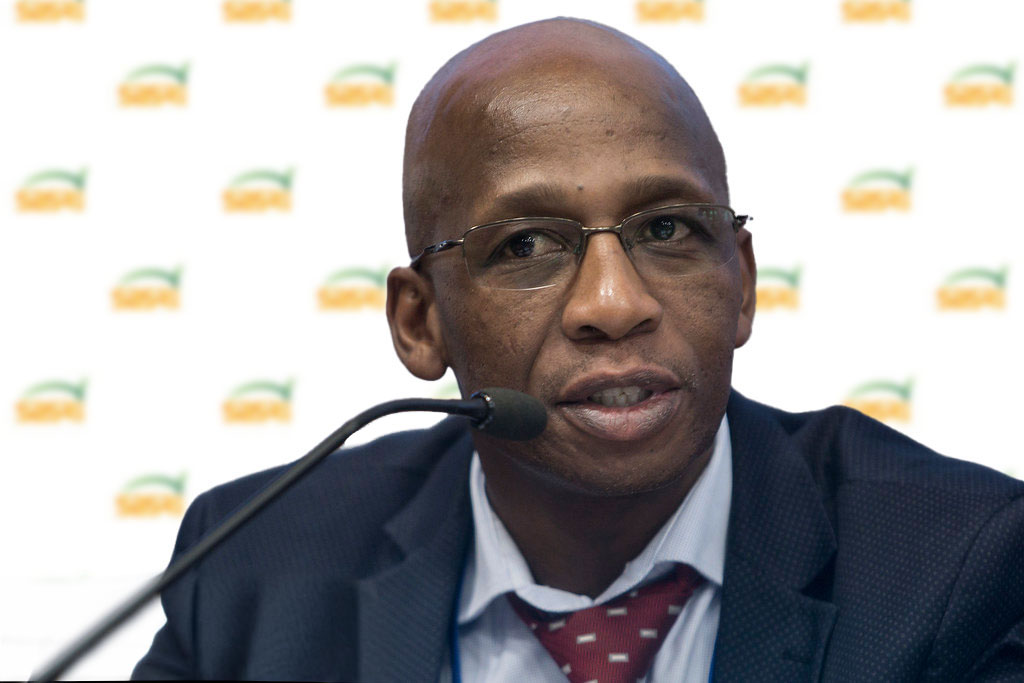Greetings to all our growers and readers of this issue of the Link. I would like to begin by acknowledging and appreciating the contributions and leadership of my predecessor, Dr Terry Stanger, who has recently retired. His leadership ensured good stewardship of the organisation with a focus on grower needs and expectations, while also encouraging good performance of researchers, scientists and extension personnel for sustainable sugarcane production.
RD&E Workshops
To identify and understand the needs of growers, SASRI conducts Research, Development and Extension Workshops annually. This year saw an extended intervention, with Scientists and Extension Specialists conducting workshops in all the sugarcane growing regions (the Lowveld, Pongola, Umfolozi and Zululand, North Coast and Midlands North as well as the South Coast and Midlands South). Participants comprised a range of key stakeholders such as small–scale growers (SSG), large–scale growers (LSG), grower associations, miller-cum planters, government representatives and others. These consultative workshops discussed matters that related to a) Pest, Disease and Weed management; b) Crop Nutrition and Soil Health; c) Crop Improvement (Varieties); and d) Crop Management and Digital Agriculture. Overall participation was positive to excellent with insightful observations and suggestions. We are in the process of conducting a detailed analysis of the outcomes of these workshops to inform our programme of work.
Welcome SAFDA
In March the Minister of Trade, Industry and Competition approved, and through a government gazette, published amendments to the Sugar Industry Agreement. The gazette formally authorised the South African Farmer Development Association (SAFDA) as a full and incorporated member of the South African Sugar Association (SASA), in partnership with the SA Cane Growers and SA Sugar Millers. On behalf of SASRI we welcome the good news.
SSG Sustainability
It is important to highlight that SASA and SASRI have been providing scientific and other support to SSG and land reform farmers for many years. SASRI’s dedicated scientific support to SSG continues to be complemented by additional extension personnel from the KwaZulu-Natal Department of Agriculture.
As my predecessor once said, “small-scale grower sustainability is key to the sugar industry”. Therefore, it’s imperative for SASRI to provide the best scientific solutions, technology and information for the sustainable growth of SSG’s. Similar scientific support must remain assured for large – scale growers to ensure the sugar industry remains sustainable and competitive.
Digital Agriculture
SASRI has identified ‘Smart-Agriculture’ as a critical success factor for both the organisation and sustainable growth of the sugar industry, particularly for growers. Accordingly, SASRI has been conducting several projects, among these are to investigate the use of hyperspectral and satellite data for developing scientific insights on plant growth response and soil health spectra. Lessons from such studies could provide information on leaf nutrient concentrations, sugarcane crop assessments and soil health among others. In the meantime, it is also important for growers to gain appreciation of available digital technologies, including how to utilise them in their decision – making on farms. This publication contains an article to enable readers to understand the multifaceted uses of digital agriculture tools, data, and information. SASRI therefore, encourages growers to embrace digital agriculture and incorporate it into their decision making.
The Link is a short newsletter that provides advice on key aspects for sustainable sugarcane production and productivity. Accordingly, this edition provides advice on variety selection using our web-based variety guide; recommendations for controlling giant Panicum maximum (uBabe grass); and some stewardship guidelines for storage and management of agrochemicals.
We hope that you enjoy reading the articles and that you gain valuable insights which inform your farming practices.

